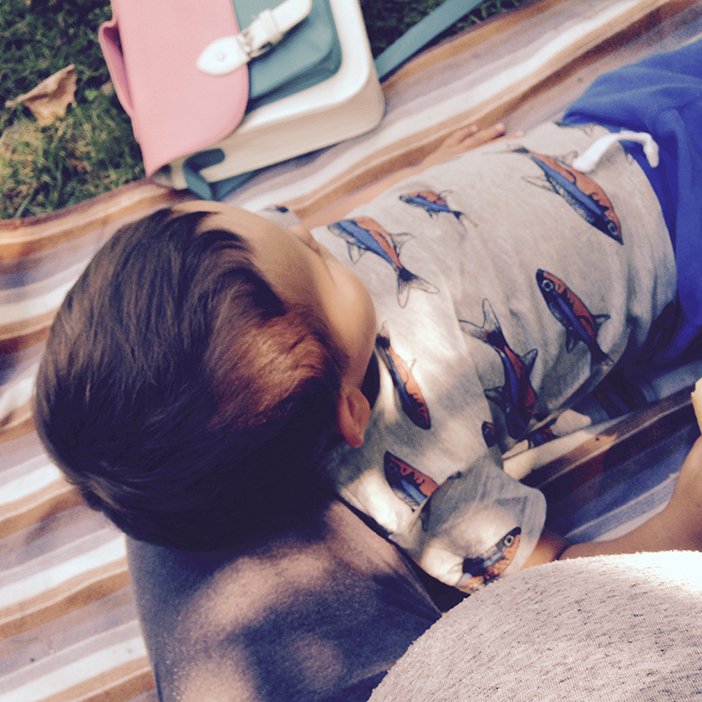Articles
jingkids international
One Girl, One Boy – Creating The Perfect Family In China
“Don’t worry, this one will be a girl,” a shopkeeper tells me.
13/10/2016

Ruth Silbermayr
Author
Walking down the street, passing one fruit vendor after the next – all of them ready to pack up their stall in seconds in the event the chengguan (城管), China’s urban law enforcement units, will visit – buying strawberries at the first, pineapples at the next, honey melons at the last place, they all tell me the same thing: The next will be a girl.

During my first pregnancy, my mother-in-law asks which sex we want our baby to have. We tell her we’re fine with whatever sex and that we couldn’t possibly change the sex even if we wanted. We can’t, and we don’t want to change it. That is the end of the discussion. Gender-selective abortions are so widespread during the (recently abolished) one-child-policy that her question is merely a reflection of what so often happens when people find they’ll be having a girl rather than a boy.
The perfect family
Even though many families wish for a boy, a family with one set of parents, a son, and a daughter is considered to be the perfect family in China. Ideally, the son will be older than the daughter. During my first pregnancy, strangers on the street – quite a few of them elderly women wearing outdoor pajamas with flower patterns who were on their way to the evening’s square dancing – tell me I’d be having a son, almost as though to appease me. This time around, no one tells me I’ll be having a boy.
One cold winter day during the first trimester of my second pregnancy, my husband, son, and I are at my in-laws’ well-heated apartment in Northeast China. We sit down for dinner at the small fold-up table my in-laws always put up in the entrance area of their tiny apartment. My husband jokingly asks his parents: “Who wants to bet on the sex of the baby?” My father-in-law reacts, annoyed: “Oh come on, not another bet, the baby will have the gender it’s supposed to have.”
A few months later, I’m at the local hospital for an ultrasound. The physician, a woman in her 50s wearing the ubiquitous white coat, is in no hurry to end the ultrasound. She slowly moves the transducer probe across my belly, applying more gel whenever necessary. “The heartbeat’s a little fast,” she remarks. “Faster than it’s supposed to be?” I ask, alarmed. “No, just a little fast.” She goes on: “I’d really love to tell you the sex of your baby, but the baby doesn’t show us.” A little later, she goes on: “This one looks a lot like you. Look at the sharp-pointed nose.” She turns the screen showing my baby’s face towards me so I can see. “Aren’t girls supposed to look more like their father?” she says to her young male assistant between gritted teeth, just loud enough for me to hear. Although gender determination is technically illegal in China, there are ways to let a doctor tell you, and many people discover the sex of their child long before birth.

For another ultrasound, my ob-gyn in Austria confirms that the baby will most probably be a girl. My husband tells me: “My mum already knew. She knew it will be a girl when she looked at the heart-rate.”
We’ve created the perfect family
I’ll never know if my in-laws would have wished for a grandson to carry on the family name if our firstborn had been a girl rather than a boy. I do know, however, that they accepted our decision to keep the baby no matter the sex.
For our two-year-old son, it was clear from the beginning that he would be having a sister. “Is the baby in mum’s belly a boy or a girl?” “A girl,” he’d say unhesitatingly. “Do you want a sister or a brother?” “A sister,” he’ll tell everyone who asks. He even chose a name for his sister: Mina.
… or have we?
At 38 weeks of my pregnancy, I go to the hospital in Austria to do another pregnancy check-up. I can directly look at the screen while the doctor performs the ultrasound. “This is the baby’s heart. This is the digestive system. And that’s the placenta.” He searches around for a little while. “And these are the testicles.” He prints out a photo of the testicles as shown on the ultrasound to take home with me. Great. I don’t have a nice picture of the face of our baby on the ultrasound, like most would get in Austria, but I do have an ultrasound picture of our baby’s testicles. It’s certainly a picture to remember and hand around and show relatives, and our son once he’s older: “And these are your testicles from when before you where born.”
On this exact day, my husband is on his flight to Austria (to my relief, he did get that visa just in time for the birth). I send him the message: “I went to the pregnancy check-up. Mina has two testicles.” He receives the message ten hours later while waiting for his suitcase at the airport in Vienna.
We haven’t created the so-called perfect family. But that’s okay. Women are not robots who produce a boy or a girl at the push of a button. I know that I would have been a great mother to a girl, but I don’t believe in a perfect family. I do believe in teaching boys about equality and respect, just as much as you would teach girls, about showing them they are loved, and that they are perfect the way they are, no matter their sex.
What do you consider the perfect family?